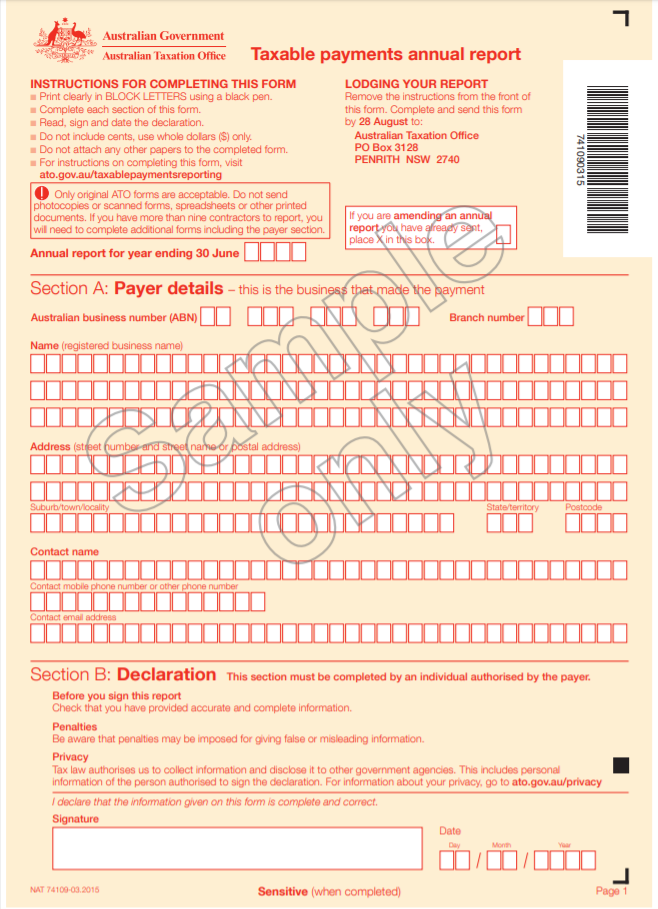Tax Planning - Buy electric car and claim FBT exemption
Are you looking to buy a car in your business?
Buy electric car and claim FBT exemption.
FBT is exempt if the business provides the private use of an electric car that meets the following conditions.
Eligibility
- The car is zero or low emission vehicle – Means it satisfy both the following
- One of the following
- battery electric vehicle
- hydrogen fuel cell electric vehicle, or
- plug-in hybrid electric vehicle (not applicable for the new car purchased on or after 1st April 2025)
- Car designed to carry a load of less than 1 tonne and fewer than 9 passengers (including the driver).
- One of the following
Motorcycles and scooters are not cars for FBT purposes and do not qualify for the exemption, even if they are electric.
- First time the car is both held and used is on or after 1 July 2022
- The electric car must be used for the first time on or after 1 July 2022 – even if it is held before this date.
- The electric car can be owner or leased
- If the car was first used before 01 July 2022 (present owner or previous owner), exemption will not be available.
- The car is used by a current employee or their associates (such as family members)
- The luxury car tax (LCT) has never been payable on purchase or sale of the car.
- To be eligible for the exemption, the value of the electric car must be below the LCT threshold for fuel efficient vehicles (GST inclusive value should be less than LCT threshold, which is For FY 2023, $84,916 and For FY 2024, $89,332) at the time it is first sold in a retail sale, and in any subsequent sale.
- If you purchase an electric car second hand, you need to determine if it was subject to LCT at any time in the past.
Can a director use the electric car?
The director can be an employee of the business. Hence, when the business purchases the electric car and the same is used by the director and business pays all the car expenses, the FBT will be completely exempt.
Partners of a partnership and sole traders are not employees and cannot get the FBT exemption.
If you are a beneficiary of a trust or shareholder of a company, the exemption can only apply if the benefit is provided in your capacity as an employee of the entity (you need to be able to show you are working in the business).
Associated car expenses
- Registration
- Insurance
- Repairs and Maintenance
- Fuel (including electricity to charge and run electric cars)
Home charging station
- A home charging station is not a car expense associated with providing a car fringe benefit for electric cars. However, it may be a property fringe benefit or an expense payment fringe benefit. Hence the FBT exemption is not applicable on these expense even if the employer reimburse the home charging expenses.
Reportable Fringe Benefit Amount (RFBA)
Although the private use of eligible electric car is exempt from FBT, businesses need to calculate the taxable value of the fringe benefit. If the total taxable value of the fringe benefit for an employee is more than $2,000, the same need to be reported through Single Touch payroll or on the employees payment summary.
Income Tax deduction for private use or electric car
Unlike FBT, there is no specific provision to claim the deduction for 100% of the electric car expenses, when the car is partially or fully used for personal purpose of the employee. Hence the general rules applicable for claiming the deduction will apply. Accordingly, only the business use portion of the electric car expenses can only be deductible. Private use portion need to be added back when calculating the taxable income.




